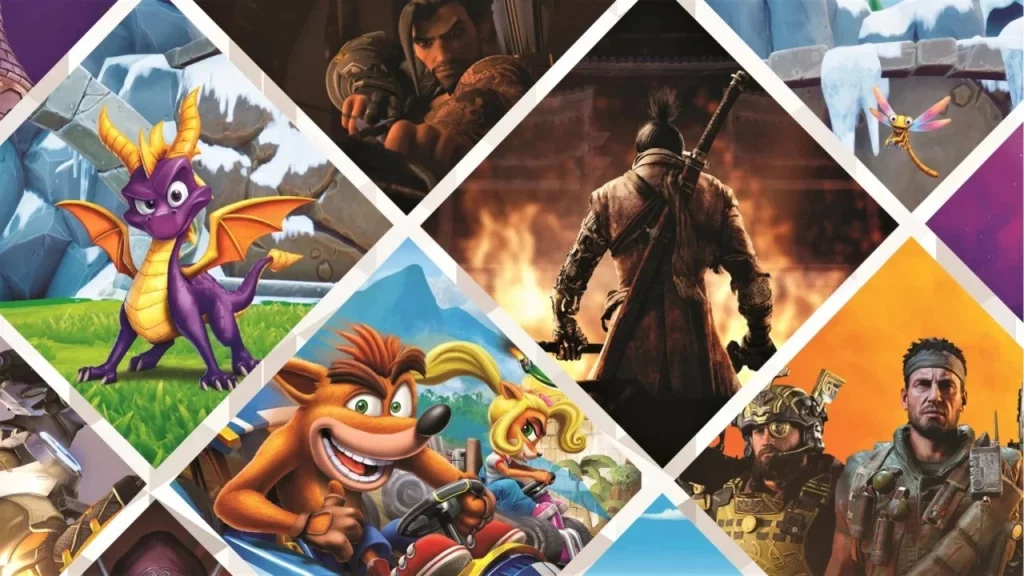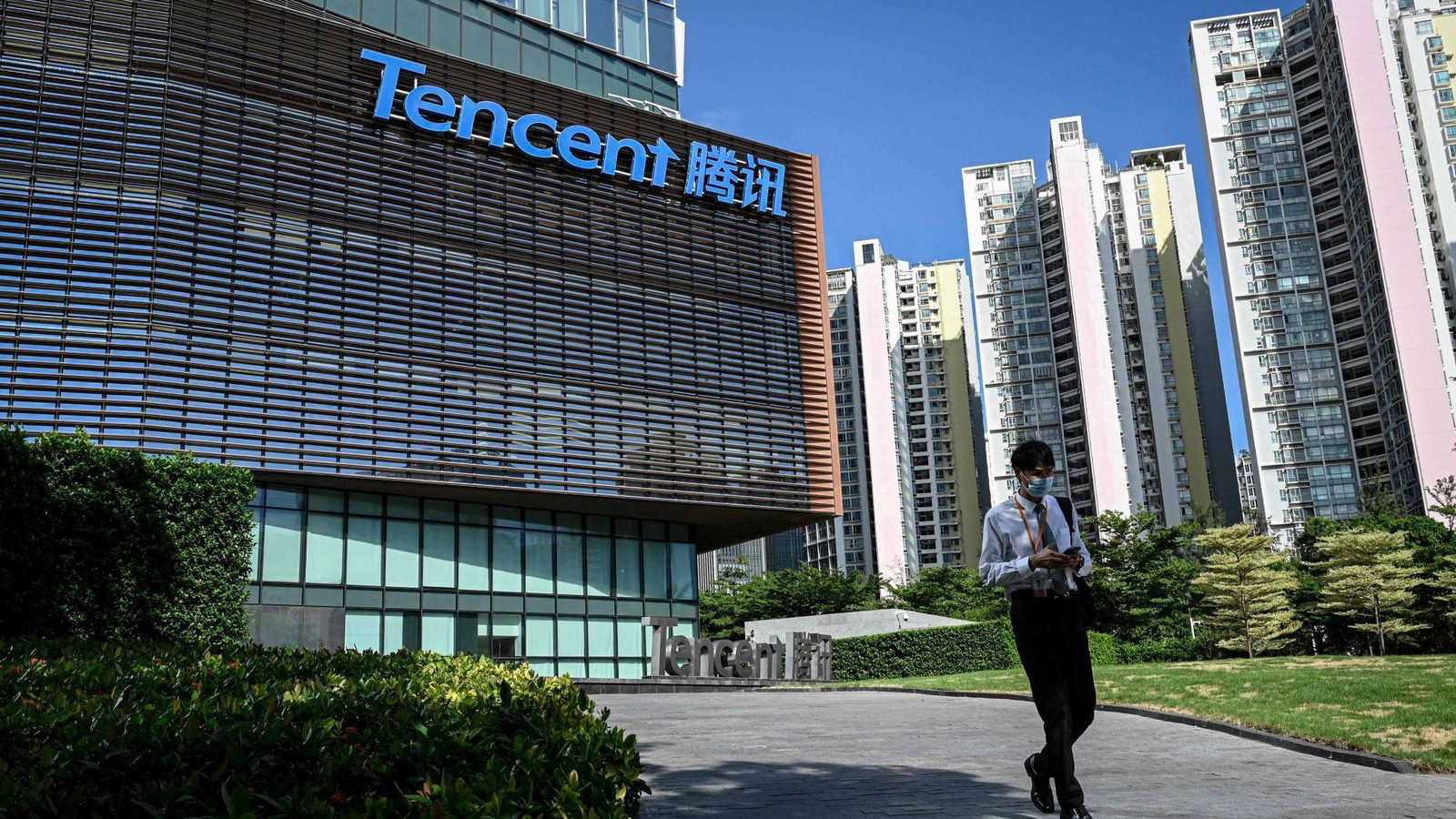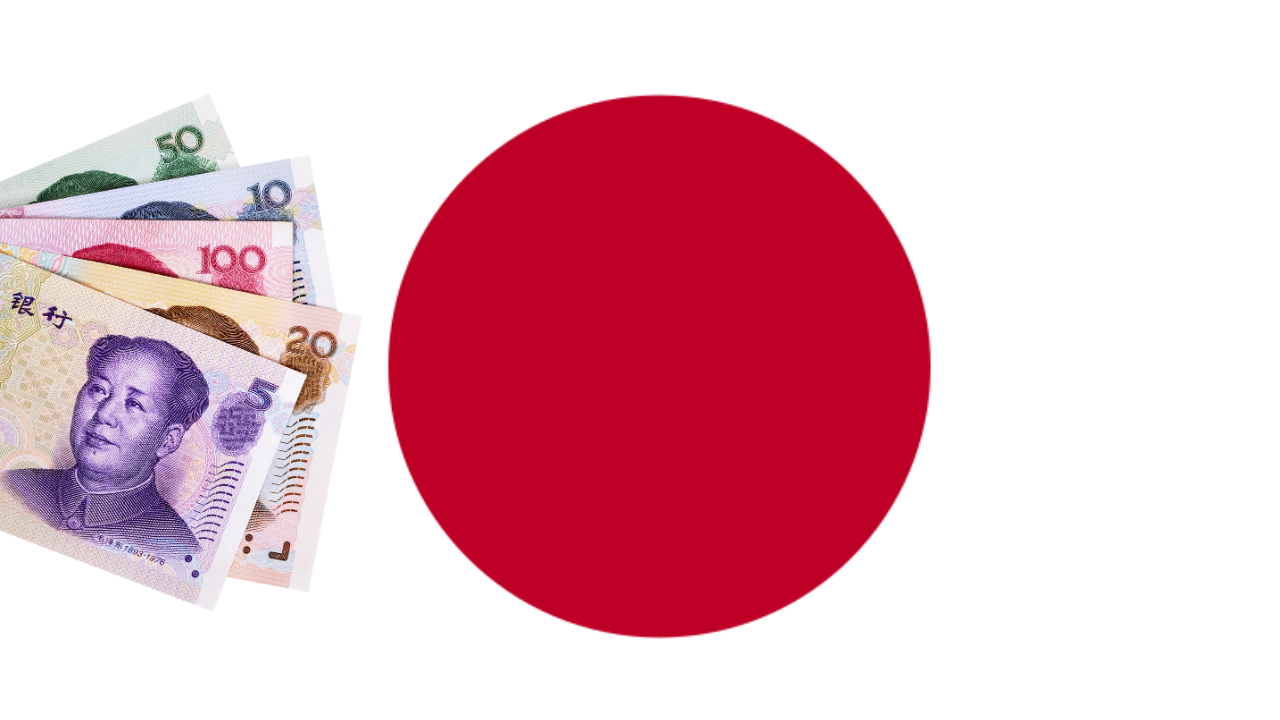2023 has been an incredible year in the gaming industry with several long-awaited titles finally getting released. On the other hand, 2023 has also seen the most layoffs across the gaming industry. Another concerning factor is the restrictions across some of the major gaming regions, especially in places like China which has strict regulatory policies as they try to combat gaming addictions among the youth.
The recent 2023 Tokyo Game Show was a phenomenal success where gamers came in droves to game together at a time when the government is curbing gaming hours in the country. All of this said and done, Chinese investors and Japanese talents remain quite bullish about their prospects and a healthy partnership between the two countries might just be what it takes to save the gaming industry.
Gaming Addiction and Micro-Transactions Get Parents Worried Globally

Parents taking extreme steps to curb gaming addiction among their children isn’t something new, and in most cases, this has led to governments enforcing regulations and even bans in some cases. Just last month, a complaint was filed by an Arkansas mother who sued several gaming industry giants including Microsoft, EA, Activision, Ubisoft, and Epic Games in relation to as many as 14 counts of action.
They included negligence for failure to warn users of addictive games and violation of the Deceptive Trade Practice Act among others. The filing mentioned the parent’s 13-year-old having spent a whopping $3000 on in-game microtransactions. Cases like these have led several gaming companies to reverse transactions through which parents gained back what was spent, in full or at least partially.
China has had a curfew since 2019 to control the gaming hours among the youth in the country, which has been questioned in a new study by the University of York’s Department of Computer Science. The study revealed restrictions, such as those implemented in China, had minimal impact, if any.
China’s Anti-Addiction Curfew and Japan’s Brain Drain

While Chinese gaming giants Tencent and NetEase have been known worldwide, the country’s strict gaming curfew which has been in effect for the past four years has seen games being played less and less. When it first came into effect in 2019, the curfew limited gaming hours among the youth under 18 years of age, letting them game for 90 minutes a day and three hours during public holidays.
Two years later, the restrictions tightened even further cutting the hours to an hour on Fridays, weekends, and public holidays. The aim was to avoid extreme cases of gaming addiction which has led to several cases of exhaustion and dehydration, both of which have led to those affected developing fatal blood clots, and in some cases, some individuals have also lost their lives. No such curfews are in place in Japan, where it’s left to the parents or the guardians to decide the hours.
Last year, Tencent bought a minority stake in FromSoftware, the Japanese game developer behind the blockbuster Elden Ring. Tencent’s move was strategically planned to make profits after the Chinese gaming curfew started hitting the company’s revenue by a lot.
Earlier this year, Tencent was reported to be interested in investing in European games as well, to increase their overseas games investments. NetEase has also set up several studios in the U.S. and across Europe and Japan.
There’s also the worrying reason that Tencent has not received approval for a new title for more than a year with the country prioritizing smaller developers. The curfew on top of strict censorship has been hitting the Chinese gaming industry even more since the curfew rules got stricter two years back.
The Japanese gaming industry does, however, face an exodus of their best gaming talents who are being poached by the Chinese industry. Japan still remains the third largest gaming market in the world, behind only China and the US.
A combined digital gaming revenue from Germany, the UK, and France wouldn’t match the Japanese gaming industry revenue, and thanks to Nintendo, Sega, Square Enix, Capcom, Bandai Namco, and Sony Interactive Entertainment, the country should remain third for the foreseeable future.
That, however, hasn’t stopped the brain drain from the country as some of the best-known Japanese Directors have been poached by China already. Goichi Suda, the creator of the No More Heroes series, Toshihiro Nagoshi, the creator of the Yakuza series, and a veteran of the Dragon Quest games, Ryutaro Ichimura have all moved to China’s NetEase.
Even Microsoft Gaming CEO Phil Spencer, through the emails released during the FTC vs. Microsoft trials, has expressed his willingness to have a tighter collaboration with Nintendo and even going as far as to call it “a career moment” for him personally to acquire Nintendo if an opportunity arose.
While a move as big as that could be regarded as the stuff of dreams for any CEO, the idea isn’t far-fetched either as the Chinese gaming industry has already been acquiring Japanese studios and talents.
Chinese Investment in Japanese Studios and the Implications in the Gaming Industry
Chinese investors remain bullish as they invest in the Japanese gaming industry as they continue to establish studios in the country to work on Japanese-styled games. While Chinese games have been known for competitive online titles like League of Legends and Honor of Kings to name a few, Japanese games have a wide range of genres that appeal to the global audience. As mentioned above, NetEase has gathered quite a team in Suda, Nagoshi, and Ichimura to work on that vision.
The Japanese gaming industry hasn’t been immune to the layoffs either with jobs lost as a result of rising costs and the contractions in the market right after the boom in the industry that was witnessed during the pandemic. Some of the Japanese gaming studios have approached Chinese-backed studios themselves, looking for more funding for better work conditions and creative freedom.
The Tokyo Game Show this year witnessed a record number of Chinese exhibitors, with a compelling share of 20% of the exhibitors being Chinese studios. Of the 787 exhibitors at the event, 406 were from outside of Japan. While China continues to make its presence in the country felt even more, the Chinese gaming studios investing in Japan, will also depend on a lot of factors.
Japan Studio, one of the oldest first-party PlayStation developers faced heavy failures with their in-house titles leading to them being disbanded and separation from Sony. If the trend continues and Japan doesn’t prove to be economically favorable, however, the Chinese investment might not continue for too long.
This match between Chinese investors and Japanese studios might just bring some amazing titles in the near future if things go to plan. The partnership might also revive the depleting gaming industry in the Chinese market which could be a win-win for the gaming industry and the gaming community globally.
It remains to be seen what this collaboration brings in the near future since there are both huge benefits and risks involved. Sony’s closure of Japan Studio due to failure in artistic development might hint at the uncertain path that the Chinese investors are so bullishly investing in. That being said, the Japanese gaming market continues to remain as attractive as ever for investors to tap into.
Follow us for more entertainment coverage on Facebook, Twitter, Instagram, and YouTube.



